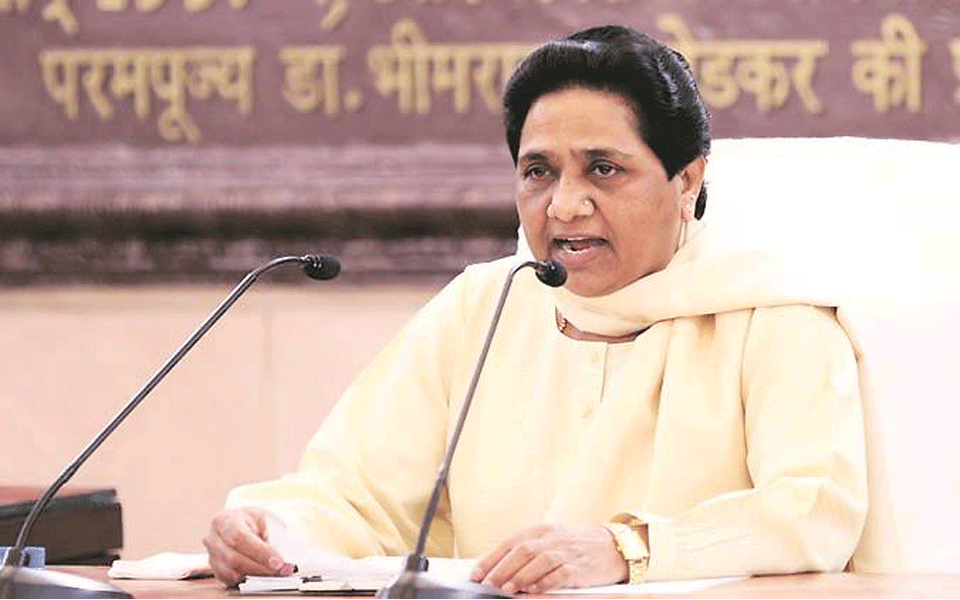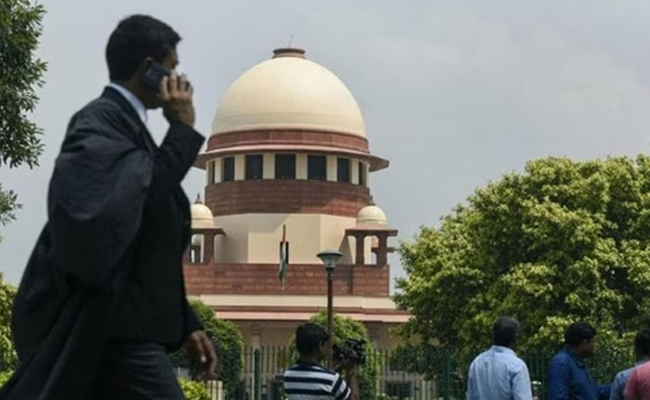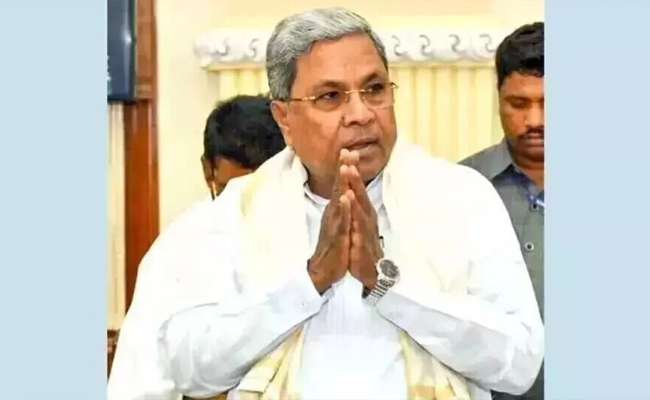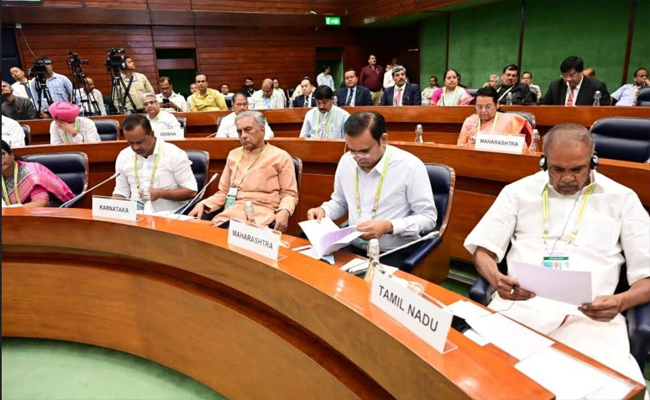Lucknow, July 24 : Bahujan Samaj Party (BSP) supremo Mayawati on Tuesday accused the Bharatiya Janata Party (BJP) of patronizing and promoting people behind mob lynching in states like Rajasthan and Madhya Pradesh to communalize politics in the poll-bound states.
In a statement issued here, the four-time Uttar Pradesh Chief Minister said that incidences of mob lynching by cow vigilantes had the backing of the BJP, which was trying to communally polarize the states which were headed for assembly polls.
"The BJP is trying to convert democracy into mobocracy so that they can spew venom against the forces opposed to it" she said which terming such incidents "dark blots" on India.
Mayawati also said that the "BJP has always been anti-minority, disrupts communal harmony, destroys social fabric, peace and mutual trust for their own political benefits".
In the 2014 general elections, the BJP garnered some 31 per cent votes and this it cannot claim to be the "choice of the people", she pointed out while adding that the ruling party was by now well aware that its return to power in 2019 was impossible and hence the Narendra Modi government had now turned to being arrogant and reckless.
The Dalit leader also said that mob lynching was a well thought out plan by forces which were being backed by the BJP. She added that in present circumstances she was reminded of the words of her mentor and BSP founder Kanshiram, who often said that the Union government should not be "mazboot" (strong) but "majboor" (weak).
Let the Truth be known. If you read VB and like VB, please be a VB Supporter and Help us deliver the Truth to one and all.
New Delhi (PTI): The Supreme Court has said it listed for Tuesday pleas on the vexed legal question of whether a husband should enjoy immunity from prosecution for the offence of rape if he forces his wife, who is not a minor, to have sex.
A bench of Chief Justice DY Chandrachud and Justice JB Pardiwala said the pleas were already "listed tomorrow" and they would be taken up after some part-heard cases.
The pleas for early listing were mentioned by senior advocate Karuna Nundy, appearing for a litigant in the case.
On September 18, senior advocate Indira Jaising, appearing for one of the litigants, mentioned that the pleas needed to be heard urgently.
The top court on July 16 agreed to list for hearing the pleas on the legal question. The Chief Justice had indicated that the cases might be taken up on July 18.
Under the exception clause of Section 375 of the Indian Penal Code (IPC), now repealed and replaced by the Bharatiya Nyaya Sanhita (BNS), sexual intercourse or sexual acts by a man with his wife, the wife not being minor, is not rape.
Even under the new law, Exception 2 to Section 63 (rape) says that "sexual intercourse or sexual acts by a man with his own wife, the wife not being under eighteen years of age, is not rape".
The top court on January 16, 2023, sought the Centre's response on a clutch of petitions assailing the IPC provision, which provides protection to a husband against prosecution for forcible sexual intercourse if the wife is an adult.
On May 17, it also issued a notice to the Centre on a similar plea challenging the BNS provision on the issue.
The BNS, Bharatiya Nagarik Suraksha Sanhita and the Bharatiya Sakshya Adhiniyam came into effect from July 1, replacing the IPC, Code of Criminal Procedure (CrPC) and the Evidence Act, respectively.
"We have to resolve the matters concerning marital rape," the bench had said.
The Centre earlier said the issue had legal as well as social implications, and the government would like to file its response to the petitions.
One of the pleas is related to a Delhi High Court split verdict of May 11, 2022, on the issue.
The appeal has been filed by a woman, who was one of the petitioners before the high court.
While delivering a split judgment, Justice Rajiv Shakdher and Justice C Hari Shankar concurred on granting the petitioners a certificate of leave to appeal in the Supreme Court as the matter involved substantial questions of law, which required a decision by the top court.
While Justice Shankar, who headed the division bench, favoured striking down the marital rape exception for being "unconstitutional" and said it would be "tragic if a married woman's call for justice is not heard even after 162 years" since the enactment of the IPC, he said the exception under the rape law was not "unconstitutional and was based on an intelligible differentia".
The concept of intelligible differentia distinguishes people or things grouped together from those that are left out.
Another plea has been filed by a man against a Karnataka High Court verdict that paved the way for his prosecution for allegedly raping his wife.
Karnataka High Court had on March 23 last year said exempting a husband from allegations of rape and unnatural sex with his wife ran against Article 14 (equality before law) of the Constitution.
The set of pleas are PILs filed against the IPC provision and have challenged the constitutionality of the marital rape exception under Section 375 (rape) of the IPC on grounds that it discriminates against married women who are sexually assaulted by their husbands.





